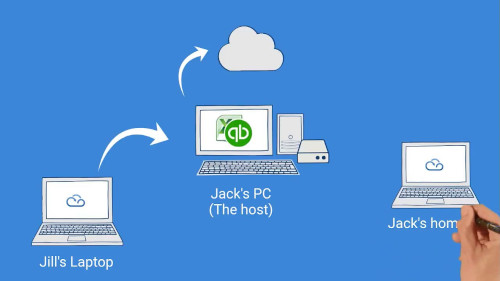Business niches don’t mean you narrow your opportunities, they mean you’re relevant and targeted.
Defining a niche for a small business
Niche is often associated with “small” when used in reference to businesses. It might be more accurate to call it “targeted”. There are various niches in business, based on various factors, such as location, audience type, need, service range, or other narrowing criteria.
With the right equipment and bait, you can catch the right fish at the right time and place.
A niche can also be developed in a business setting in a similar manner.
What niche do you serve and what changes need to be made in your business to better serve your target audience?’
By selecting your target audience, you can understand their specific needs and provide them with services or products that meet those needs. It is easier to plan, market, sell, serve, price, and achieve recognition for your work once you know why (they will buy) and what (they will receive from you).
The benefits of having a niche for your business
Business owners, customers, and employees all benefit from effectively defining and managing their business around their niche, including:
- Customers – Receive targeted and relevant solutions that give them the best outcomes possible. Customer and supplier relationships are thus strengthened, which generates loyalty and, hopefully, recommendations, which in turn generates more new business.
- Business owners – Being a “specialist” in your niche has many advantages, including being more in demand, having a shorter supply, and achieving higher valuations and recognition.
Since your service or product is less commoditized, it is more difficult for competitors to displace you.
Finally, it makes planning, marketing, and operations more efficient and, frankly, easier; which means your business is more likely to succeed and thrive. - Teams – Having a niche that is understood and with systems and operations in place to keep this focus, makes it easier for your teams to manage and deliver.
Anything that removes ambiguity and inconsistency for your team is a positive thing, and a niche can do just that.
As well as motivating and developing, it is a great way to demonstrate expertise and specialist skills, as well as being recognized and developed within the organization.
You, your business, and your customers all benefit from having a niche.
What your niche is and how to define it
It’s one thing to realize you need a niche, but it’s another to define it confidently and build systems around it. The niches of many businesses are already established either deliberately or over time, but they aren’t always well defined, written, communicated, and understood.
The goal is to create, validate, and tweak your niche from market research in order to be able to have a growth business. Market research is an invaluable starting point for start-ups.
You need to have a niche that is in demand, and it needs to be valuable enough that people will pay more for it. There is a graveyard full of irrelevant and unwanted innovations in the business world.
Look at the general context of your industry and ask where a generic approach or mainline solution fails to satisfy customers. Innovation and niching occur where that potential exists.
Establishing a niche and innovating go hand in hand. To deliver it, you will need skills, structure, systems, and operations, but there are resources and people who can help, including business coaches. Identifying the market opportunity is the first step.
Don’t have price involved
It’s a common mistake to say – “we’re the cheapest solution”. It might be so, but it doesn’t last long before someone else figures out a cheaper way.
When it comes to niche definition, discounting and pricing pose problems. It’s often used when there is no perceived differentiation.
It is less likely to experience value erosion or “I can get that cheaper somewhere else” as a specialist/niche business.
For example, if a business sells its product at £100, and its variable costs are £70, then its gross profit is £30, which is 30%. When you discount sales prices by just 10% and have a gross margin of 30%, you would need to sell 50% more to regain the same profit you would have made before the discount (£20 profit achieved on a £90 sale price needs a 50% lift to reach the original £30 profit on a £100 sale price).
Your niche lies in offering your product at a lower price because you operate differently from the rest of the market and are able to delight your customers as a result.
Reduced costs are a positive outcome, but they aren’t relevant to your niche.
Do you need to make any changes to your business to serve your target audience better?





